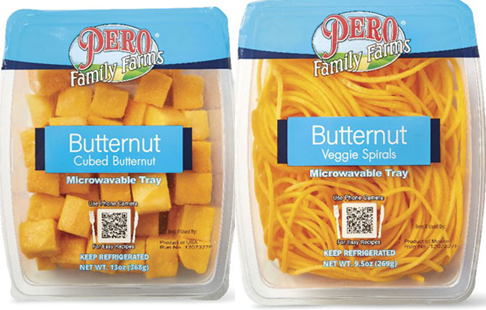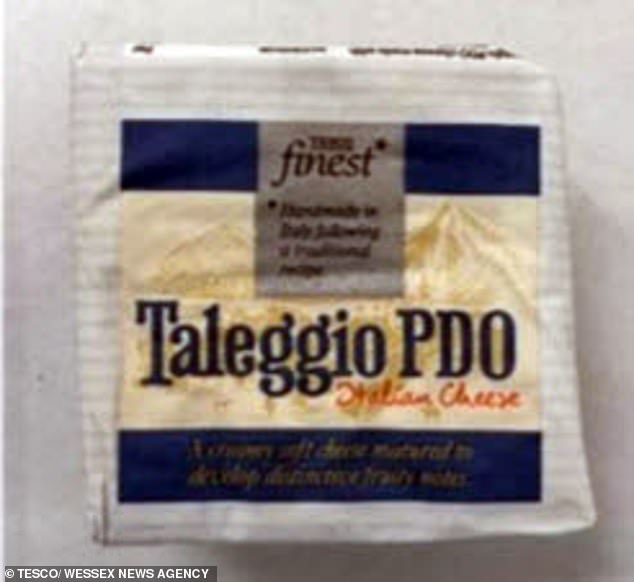Publix announced on their website that Pero Family Farms Food Company recalled its Butternut Squash Trays (Pero Family Farms Butternut Squash Cubed Tray, and Pero Family Farms Butternut Squash Veggie Spirals Tray) because it has the potential to be contaminated with Listeria Monocytogenes. No illnesses have been reported to date in connection with this issue. The recall was due to notification of possible Listeria contamination from Race West Company, a supplier of butternut squash, to Pero Family Farms. Pero Family Farms Food Company, LLC has temporarily stopped the production of the products. @ http://corporate.publix.com/about-publix/newsroom/recalls/pero-family-farms-butternut-squash




